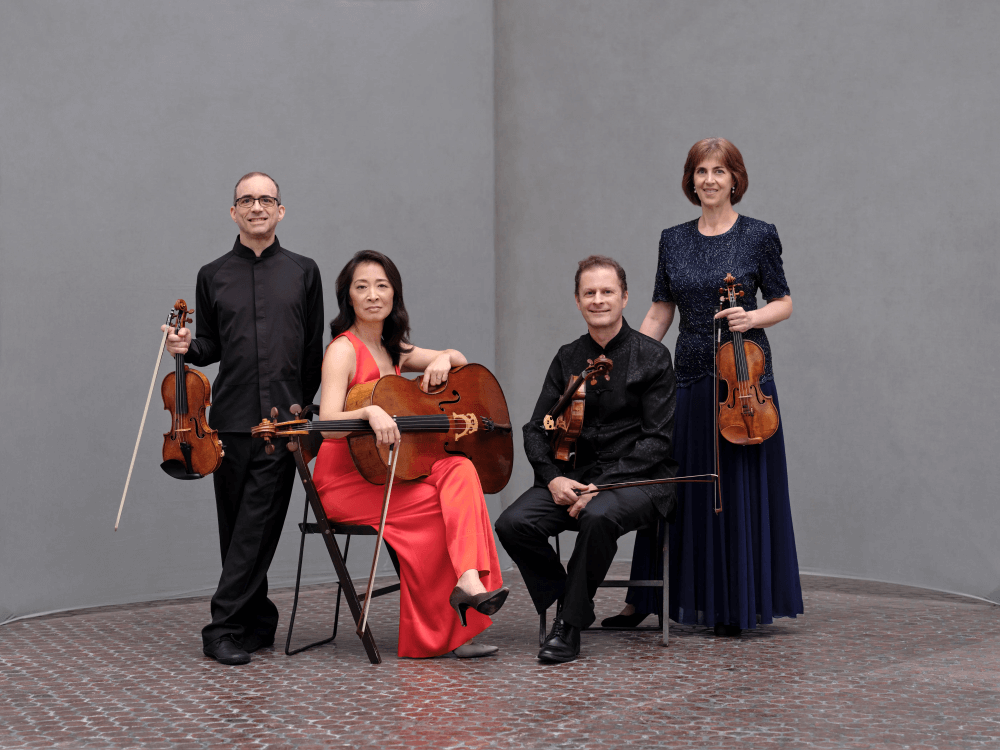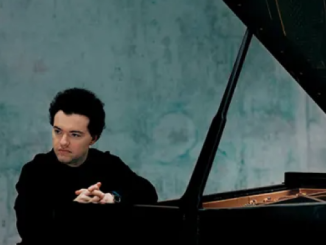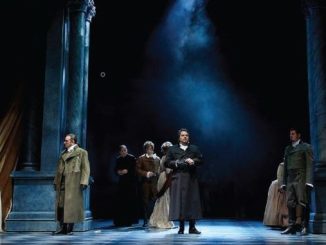The Juilliard-affiliated Brentano String Quartet – so named after Antonie Brentano, the rumoured “Immortal Beloved” of Beethoven – recently brought its impeccable musical stylings to Toronto’s Koerner Hall for a recital of Beethoven and Schubert. Fine performances by the quartet, plus guests Jonathan Biss, piano, and Joseph Conyers, bass, made for a wonderful evening of music at once challenging and melodic.

It was the summer I volunteered at the Festival de l’Empéri when I first encountered Schubert’s Piano Quintet in A Major, D. 667 (1819), better known as “The Trout”.
Composed at the behest of an amateur cellist admirer of Schubert’s, the quintet – unusually scored for violin, viola, cello, double bass, and piano – adapts and liberally reinterprets Schubert’s earlier song “Die Forelle” (1817), about an angler and his prey. Helping to set up the stage day after day, night after night that summer in Salon-de-Provence, I got to listen to some of the world’s great musicians rehearse one of the great works in the chamber repertoire. The Trout – which, as it happens, is also playing at this year’s Festival – was my first real introduction to the genius of Schubert, whose masterpieces also include the “Death and the Maiden” quartet and the startling, ambitious Octet in F major, D. 803 (both 1824).
For a variety of reasons, I will never forget that summer (it was also when I learned Orangina came in multiple flavours) and I will never forget listening to, and becoming intimately acquainted with, the beautiful, lyrical “Trout”.
The Brentano String Quartet, one of the preeminent chamber groups in North America, did more than all right by The Trout in their recent Koerner performance, in another performance to be remembered. From the opening Allegro vivace through the rousing Allegro giusto finale – capped, of course, by the variations on a theme from “Die Forelle” in its memorable fourth movement – the quintet (including guests Boss and Conyers) delivered on all fronts. Plaudits are particularly in order for cellist Nina Lee and bassist Joseph Conyers for their wonderful handling of the piece’s dancing bass lines.
The other half of the program, Beethoven’s String Quartet No. 13 in B flat Major, op. 130 (1826), one of his final works, was equally impressive, albeit for very different reasons.
A complex, challenging work, the quartet is not immediately accessible, though it offers deep rewards for those who engage with its six(!) movements. The highlight of these, by a wide margin, is the deeply moving fifth movement “cavatina”, which, per the Koerner programme notes, brought Beethoven himself to tears.
That fourth movement was also chosen for the fabled Voyager “Golden Record”, launched in 1977. Perhaps some extraterrestrial entity will soon stumble upon it, out there beyond the Kuiper Belt, the cavatina spreading news of the extraordinary musical output of this little ball of blue we call home.
***
The Royal Conservatory of Music’s 2023-24 season is winding down, though there are still some highlights to come (including a hotly anticipated appearance by violinist Hilary Hahn). Calendar and tickets available here.



